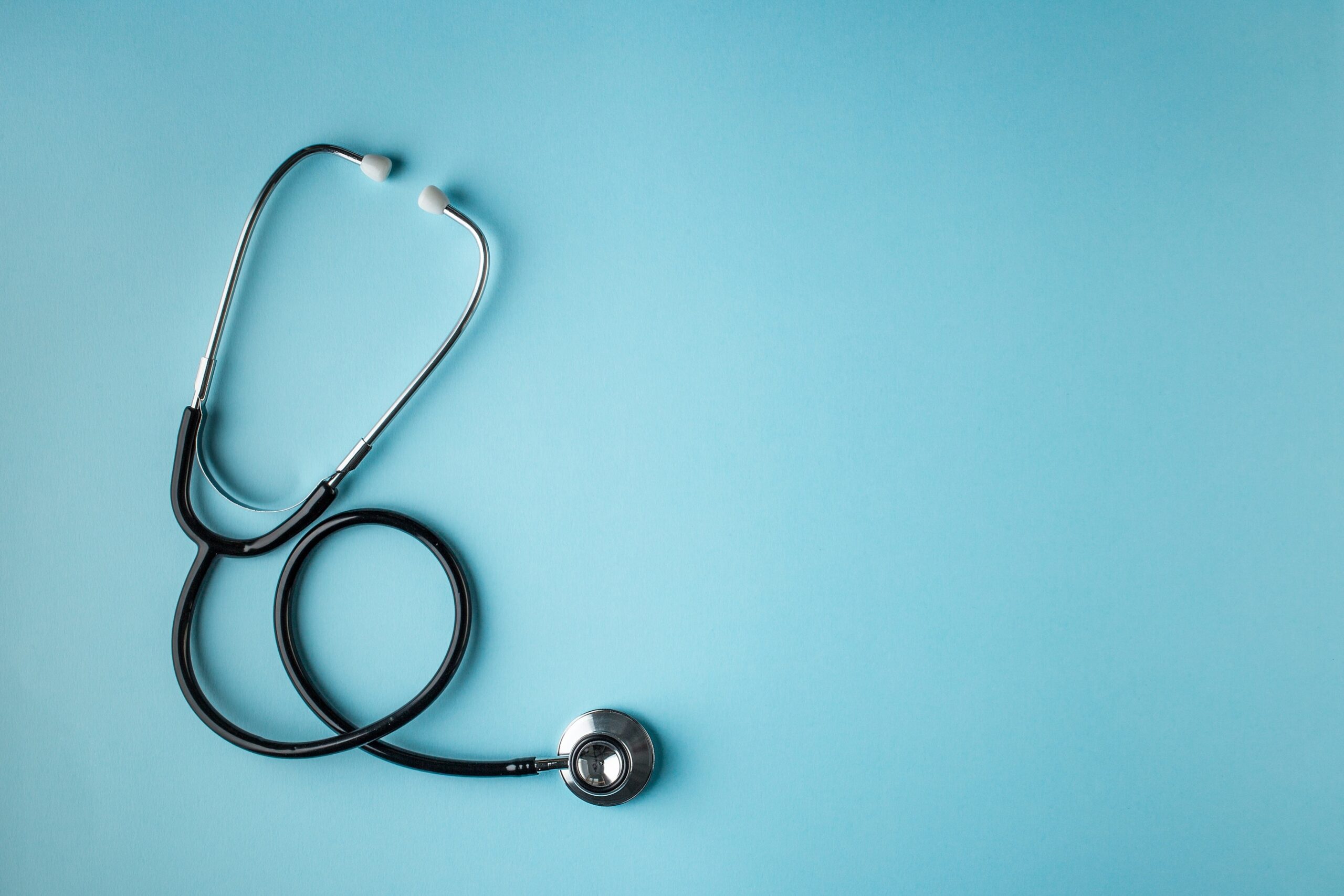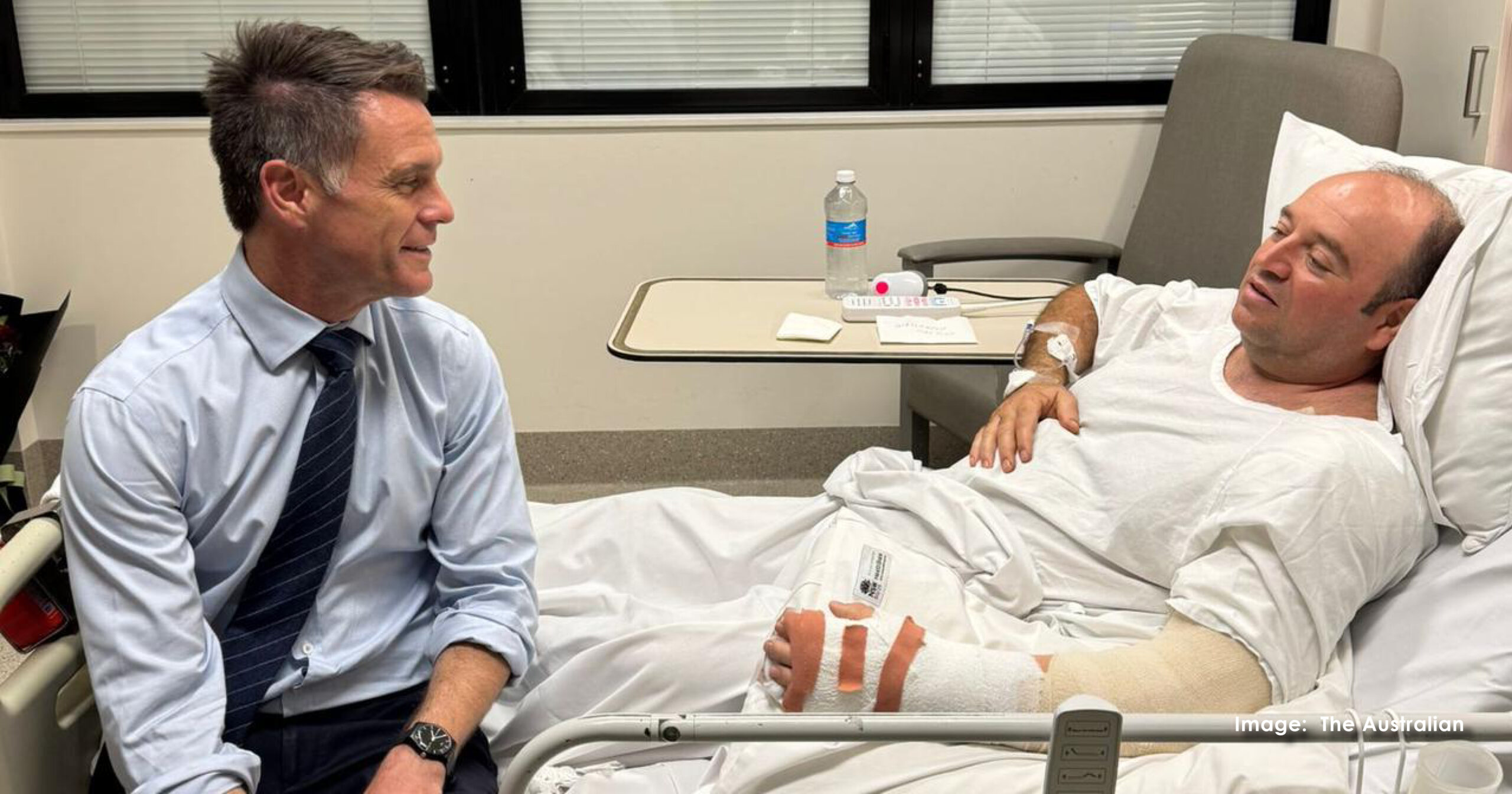How AI Stethoscopes Could Help Detect Heart Conditions
A team of British scientists are modernising the humble stethoscope with the use of artificial intelligence, finding the high-tech devices are able to detect major heart conditions such as heart failure, almost instantly.
A study involving more than 200 GP surgeries in London used the devices to analyse subtle differences in heartbeat and blood flow, unable to be detected by the human ear, and recorded electrical signals from the heart before using AI to analyse the information.
According to the BBC, researchers say abnormal heartbeats were 3.5 times more detectable with an AI stethoscope, while those with heart failure were more than twice as likely to have it detected within 12 months when examined with the device.
Endangered Mountain Frogs Successfully Bred in Captivity for the First Time
Australian researchers have successfully bred a rare species of frog in captivity for the first time, in a move that may help save them from extinction.
The red and yellow mountain frog lives in rainforest areas of northern New South Wales and south-east Queensland, with researchers at NSW Southern Cross University having to replicate conditions perfectly in order to get them to breed.
After years of work, captive breeding has now been achieved, with seven of the frogs released recently, with plans for further releases in future.
As this ABC article outlines, it’s hoped that breeding the species in captivity will help boost native populations, and for the species to avoid extinction.
Kenya Eliminates Potentially Deadly Sleeping Sickness
The World Health Organisation has announced Kenya has become the 10th African country to officially eliminate sleeping sickness as a public health issue.
The potentially fatal infection is characterised by distinctive symptoms including confusion, sensory problems and the disruption of sleep cycles, and is transmitted by the bite of a tsetse fly.
As this article outlines, coordinated action, new diagnostic tools, safer treatments and community-based surveillance have all contributed to dramatically reducing the number of cases of the disease, with WHO now hoping to eliminate the disease from Africa entirely by 2030.
Young Girl Behind the Solar-Powered Backpack Recognised by Time Magazine
A young Scottish girl who developed the idea of a solar-powered backpack to assist those sleeping rough has been recognised in Time magazine’s first ever Girls of the Year list.
Rebecca Young was just 11 years old when she designed the backpack with an electric blanket inside – an idea that also won her a UK engineering award earlier this year.
She’s one of 10 girls to be recognised in the inaugural list, and says she’s “honoured” and hopes it will inspire other kids to do their bit to help others.
Read the article here.



